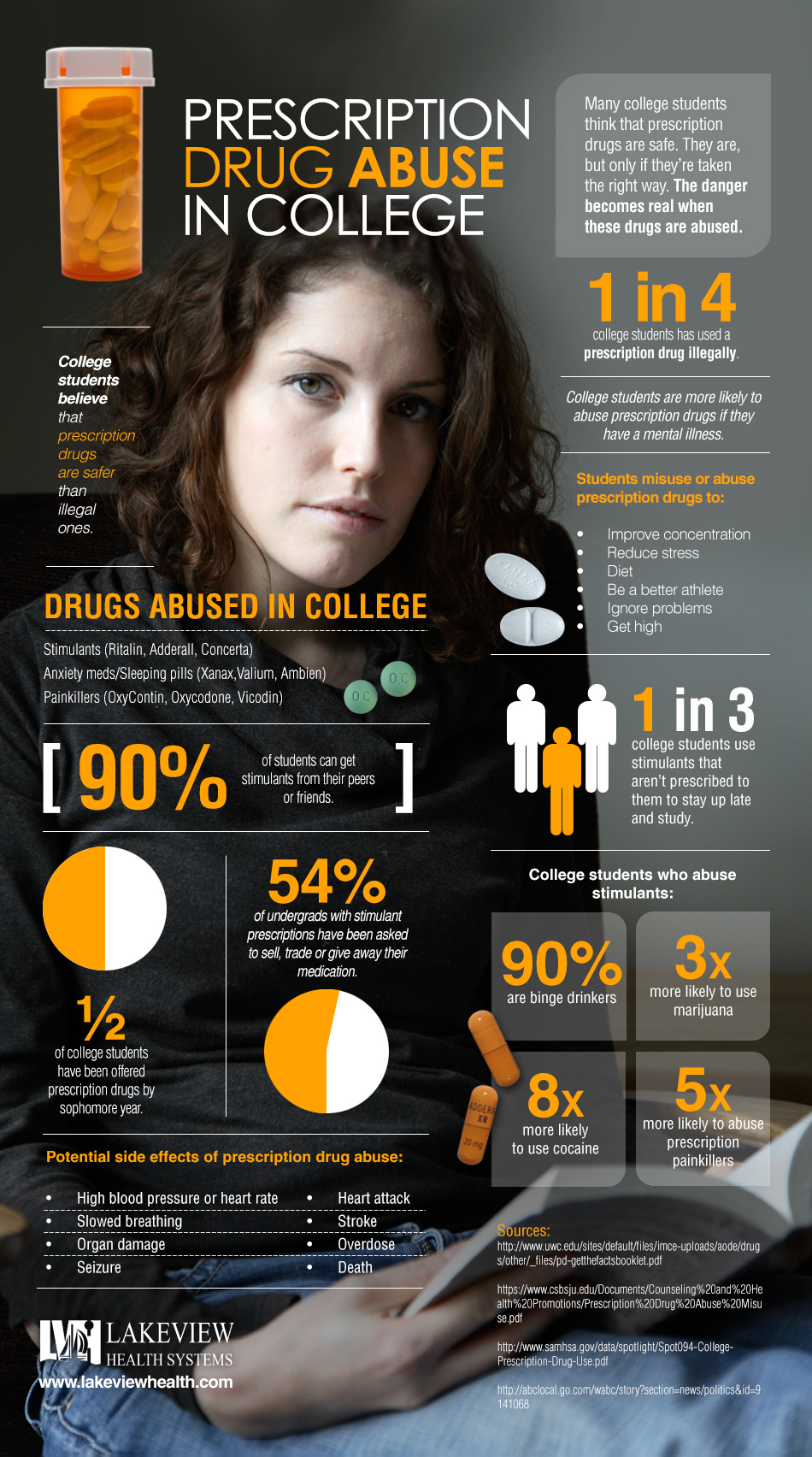Tag: substance abuse
-

Substance Abuse in the Armed Forces
Members of our armed forces, particularly those who have been deployed in warzones, deal with many issues beyond the battlefield. Many suffer from severe post-traumatic stress syndrome (PTSD) brought on by combat experiences. For others, merely reintegrating into society at home can be stressful and challenging. While drug use is strongly discouraged in the armed…
-

Which Jobs Lead to Substance Abuse?
Substance abuse is attributed to a number of causes, some genetic and others due to societal aspects. High stress, long hours, and fatigue are commonly cited causes of substance abuse, in addition to remote supervision and easy access to substances. Sometimes, even boredom can cause one to abuse drugs, the use of which has attributed…
-

College Prescription Drug Abuse Trends 2013
College students have to balance classes, projects, tests, clubs and social life. It’s a lot to handle! But what if there was a pill that could help you ace your classes? Seems too good to be true and it is. Learn more about the dangers in our infographic: Prescription Drug Abuse in College.